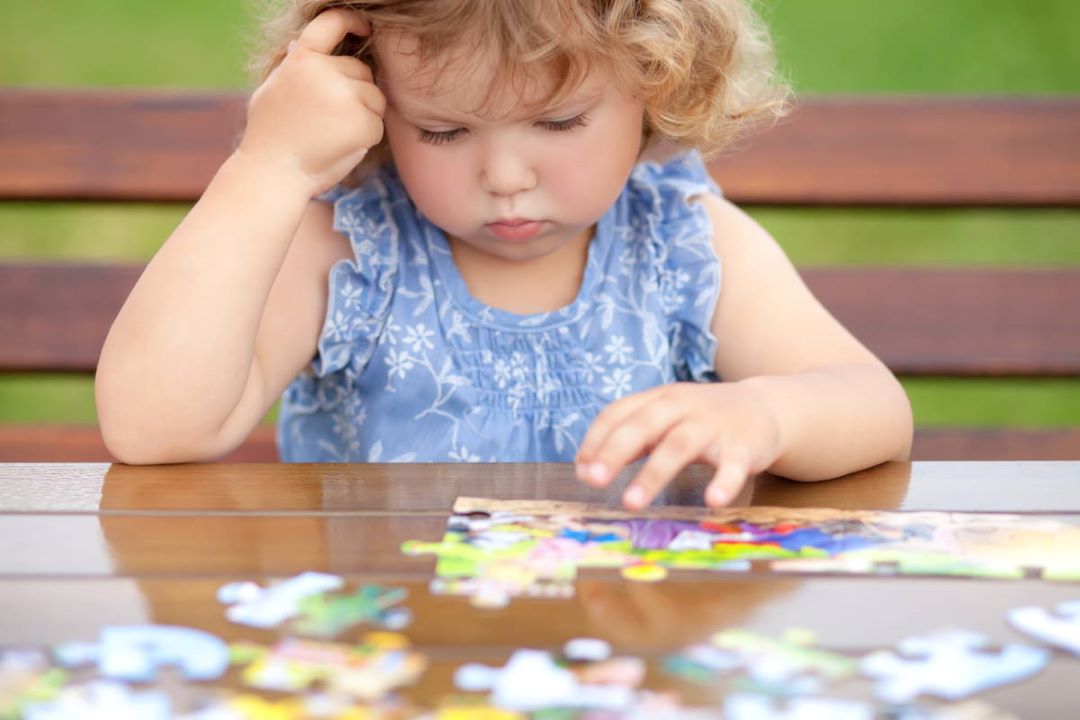
The Importance of Developing Problem-Solving Skills in Children
Casal dels Infants – Problem-solving is one of the essential skills that should be nurtured from an early age to foster independence and critical thinking. According to child psychologist Saskhya Aulia Prima, this skill helps children face life’s challenges with greater resilience and confidence. It encourages independent thinking and helps them make thoughtful decisions in unfamiliar situations. When practiced consistently, it also builds emotional strength and adaptability in a child’s developmental journey.
Saskhya recommends science experiments as an effective method to cultivate both problem-solving and critical thinking skills in children. Through hands-on experimentation, children are encouraged to identify problems, analyze situations, and find logical and systematic solutions.
“Read More: The Impact of Fatherlessness on Child Development”
“Problem-solving is the ability to recognize issues and find effective solutions, while critical thinking allows children to analyze and evaluate decisions rationally,” Saskhya explains. Both contribute significantly to shaping children into adaptive individuals with strong emotional and intellectual intelligence.
Science experiments offer children the opportunity to learn directly through real-life experiences. These activities encourage active thinking, exploration, and discovery. To be effective, the experiments should align with the child’s developmental stage, physically, intellectually, linguistically, and emotionally.
Besides stimulating curiosity, science experiments teach children about sequencing, structure, and systematic approaches, skills that are highly valuable in everyday life.
Programs like the Einstein Science Project (ESP) provide a fun and interactive way for children to explore science. Ni Nengah Kristanti, Product and Science Lab Manager at ESP, explains that the program targets children aged 3–14 years and uses a hands-on learning approach. Kids wear lab coats and work with scientific tools, experiencing what it’s like to be a young scientist.
ESP offers various experimental areas, including the Sensory Corner, Messy Play, Chemical Experiments, and individual learning tables. We adjust the sessions based on the number of activities, with 60 minutes for one experiment and 90 minutes for two.
One of ESP’s most popular experiments is Giant Toothpaste, where children mix safe chemical ingredients to create a foamy reaction. This activity enhances their logical thinking, ability to follow instructions, and understanding of cause and effect.
In May, ESP will also host an Internal Science Olympiad for elementary school students, a great opportunity to sharpen children’s problem-solving skills from a young age.
“Continue Reading: Fantastic! 99% of Coldplay’s Seoul Fans Return LED Wristbands”